We had just crossed the Antarctic Circle, 66.33’ South. The mist ahead revealed a faint outline. Our eyes, searching for a horizon in the fog, started to decipher the planes of the vast Iceland that lay ahead of us…
In October 2017, I met Roots & Shoots ambassador Robert Swan, who told us of his expeditions as the first person to ever walk on both of the Earth’s Poles. Four months later, we joined him on the adventure of a lifetime. I could write about the seals, penguins, albatross and whales, about the three day expedition across the Drake’s Passage, the most dangerous waters on earth or the feeling of the crisp fresh snow on our first continental landing.
Instead, the most striking thing that I took away from this expedition was how drastic the effects of climate change are on our natural environment and how we immediately need to take action to rethink our lifestyles. The amount of ice loss in Antarctica has tripled since 2012 and as it contains most of the earth’s fresh water in ice form, this means that our sea levels will rise and is a huge threat to our natural landscapes and to communities that may face displacement due to climate change.
Team Zayed, constituted of my EAD colleagues Rashed Al Zaabi, Winston Cowie and I. The challenge they presented us with, which most of our Roots & Shoots groups will be familiar with, was the ‘Climate Force Challenge’.
My part was to commit to an attempt at entirely eradicating plastics from my lifestyle. Urban life, in our day and age, is virtually impossible without encountering some form of plastic somewhere along the way. After all, plastic has played such a vital role in the development of the world that we live in. It becomes difficult to conceive of what our modern day technology, science and healthcare would possibly look like if we didn’t have this matter that constitutes and withstands so much. It is really thanks to plastics that we can live the way we do today, and it is thanks to the petrochemical industry (from which plastics thrive) that we are at the stage of fast-paced development that we have reached globally.
Our consumerist habits know no borders. They pollute our earth in landfills and are toxic to our waters and the species we share this planet with. They never entirely break down or biodegrade but rather infiltrate our land, air and sea.
The momentum to follow this through all started with being surrounded by climate change activists from all over the world on 2041’s ClimateForce expedition to Antarctica.
Experiencing the pristine condition of the 7thcontinent made me hyper-aware of the negative impact that us, humans, have on the natural landscapes that we have occupied all over the world, but also infused me with undying hope to spend whatever energy I have to remind people that we, together, can make a difference if we set out to. In particular, if we pool all of our efforts, we can most definitely make waves of change.
Whilst waiting for larger institutions to re-evaluate their sustainable approaches, we must become the change-makers and start influencing our communities. And where better to start than with single-use plastics?
Here are some tips on carrying your own:
Cutlery: Say no to disposables.
Coffee cups: Use a thermos.
Containers: use, re-use… jars and buy bulk food from refill shops or take tupperwares when eating out for leftovers.
BYOB (Bring your own bags): Don’t leave the house without a shopping bag, leave them in the car, and take smaller ones or nets for your fresh fruit and vegetable.
Water bottles: Never leave home without your own reusable bottle.
Install a water filterat home for drinking water.
Start composting your organic waste instead of using bin bags (which never biodegrade)
Go for food options that are not covered in plastic: speak to your local supermarket about this.
Eating in: Take away is great, but what happens with all of the packaging your food comes in?
Potted plants: go for pottery that you can paint and decorate yourself.
Ditch gum: This not only contains toxic aspartame but also is terrible for the environment.
All of the options mentioned above are accessible and possible in the United Arab Emirates, and would definitely cut costs for you. If you would like to take this further, buy local as imported products have a higher carbon emission. Also rethink your contribution to the fabric, palm-oil and dairy industries that also have very immediate impacts on our environment.
If you work in or own a business that consumes single-use plastics, consider going for biodegradable packaging instead.
If we want to avoid sea-level rise and preserve the world’s last great wilderness, the Antarctic, cutting out plastic is a first and obvious step to rethinking our lifestyles.
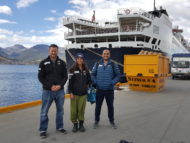

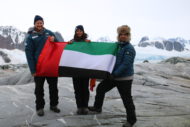
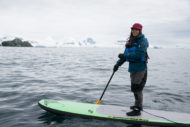
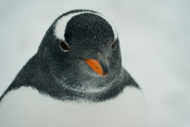
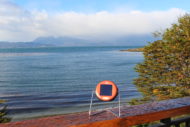

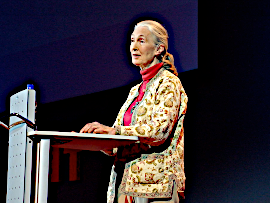

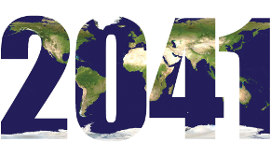






Follow R&S UAE